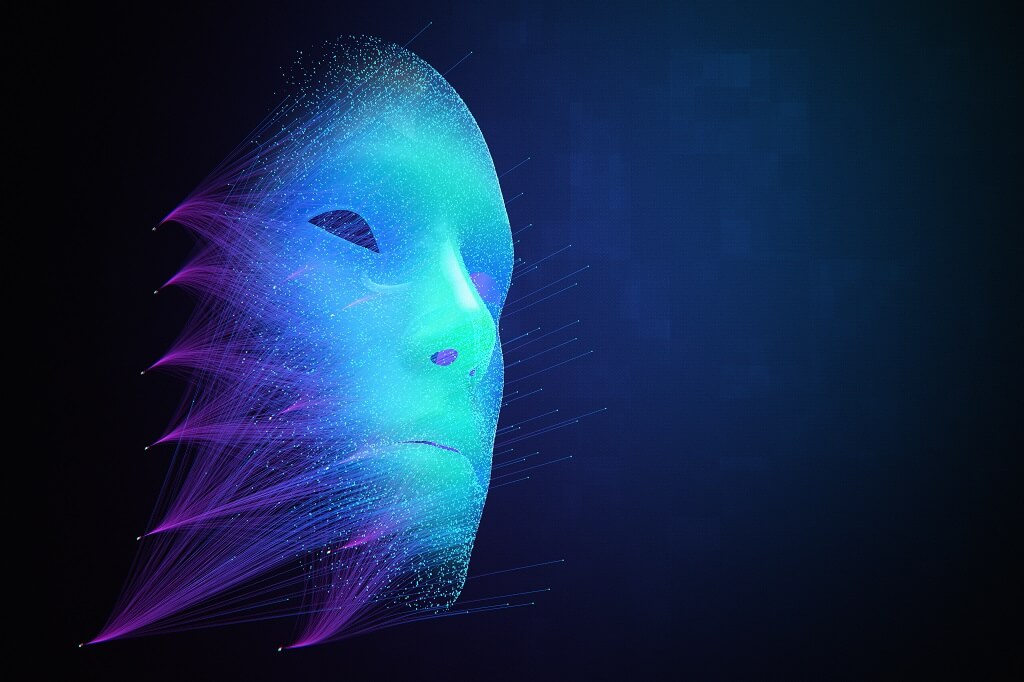Since the technology has advanced in recent years, it is now nearly impossible to tell deepfakes from authentic films or photographs. Large datasets of excellent photographs and videos that may be used to train the deep learning algorithms are one of the main causes of this. Another factor is the development of new generative adversarial networks (GANs), which are a type of neural network that can generate highly realistic images and videos.
Making films of famous individuals saying things they never actually uttered using deepfake technology is one of the most well-known applications of the technology. Deepfakes of politicians like Barack Obama and Donald Trump, for instance, have been produced in which they appear to say things that they have never stated. These political propaganda videos are frequently produced, and viewers may find them to be very persuasive.
Actors have been digitally added into situations or made to appear younger or older than they actually are using deepfake technology, which has also been exploited in the entertainment sector. The world of gaming has also utilized the technique, with virtual characters being generated utilizing deepfake technology to make them appear more realistic.
Deepfake technology undoubtedly has advantages, but it also carries a number of high-risk elements. The possibility of deepfakes being utilized for harmful reasons is one of the main hazards. For instance, deepfakes can be used to fabricate movies or pictures of people acting or saying things that they have never actually done, which can be used as a kind of blackmail or to harm someone's reputation.
The potential for spreading misleading information through deepfakes represents another problem. For instance, deepfakes can be used to produce films of political figures saying things they never actually said, which can be used to sway the public's opinion. This could be particularly dangerous in the context of elections, where deepfakes could be used to sway public opinion in favor of a particular candidate or political party.

Deepfake technology may have an adverse effect on our capacity to believe that digital material is legitimate, which is another issue that raises concerns. It might become harder to discern between authentic and false content as deepfakes get more complex and challenging to spot. We might be less able to agree on what is real and untrue as a result, which would further weaken public confidence in the media.
Deepfake technology is a strong and developing technology that has the potential to be utilized for both good and evil purposes. Technology undoubtedly has advantages, but there are also considerable concerns attached to it, especially in regards to the possibility of criminal use and the propagation of misleading information. As the technology continues to develop.

No comments:
Post a Comment